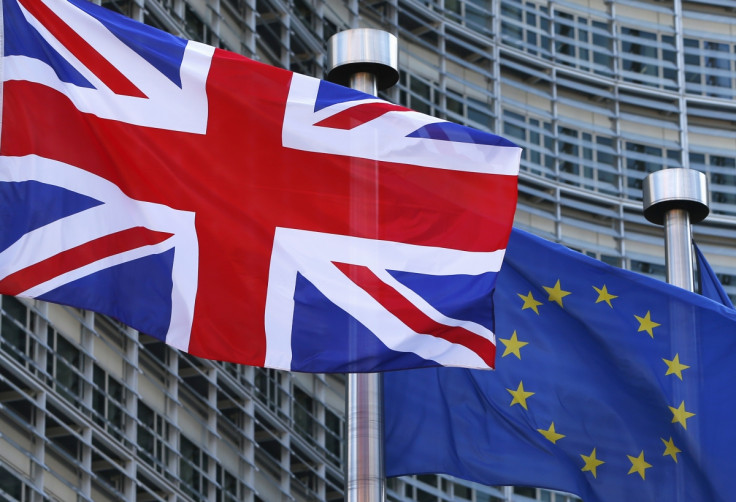Brexit could cost UK a million jobs and £100bn says PwC study

Opting to exit the European Union could mean a major slump for the UK economy, a study commissioned by the Confederation of British Industry (CBI) has warned. The analysis shows that leaving the bloc could cost the British economy £100bn ($1.4bn; €1.3bn) and 950,000 jobs by 2020, with chances of a decline in household GDP and a rise in unemployment.
The CBI commissioned PricewaterhouseCoopers (PwC) to carry out the survey and quantify the impact of a Brexit on the country's economy. PwC studied two different exit scenarios, using moderate assumptions for both scenarios.
The most optimistic Brexit outcome, the "FTA scenario" assumed that the UK negotiates a free trade agreement with no tariffs on exports and imports between the UK and Europe by 2020. The scenario also assumed that the country maintains existing free trade agreements with other countries currently held by the EU, and enters into a new trade deal with the US. The country is no more a part of the single market and the economy experiences a modest rise in non-trade barriers.
The second scenario was the "WTO scenario", which assumed that the UK fails to secure a trade deal with the EU and trades under World Trade Organization rules. The scenario also involves a significant rise in tariff and non-tariff barriers with the EU. Furthermore, the country loses its existing free trade agreements with other countries, but manages to renegotiate them on the same terms by 2026 and signs a deal with the US in the same year.
Both the scenarios showed a significant decline in UK living standards, GDP and employment when compared with Britain remaining in the EU. The cost to the economy came to around £100bn — the equivalent of around 5% of the country's GDP — by 2020. If the UK manages to secure a free trade deal with the EU soon enough, the GDP could still fall by 3% by 2020 and per household GDP could be between £2,100 and £3,700 lower in 2020. The unemployment rate could rise between 2 and 3 percentage points. The study further warns that GDP growth between 2017 and 2020 "could be seriously reduced — and possibly be as low as zero in 2017 or 2018."
Carolyn Fairbairn, director general of the CBI, said, "The economy would slowly recover over time, but never quite tracks back to where it would have been. Leaving the EU would mean a smaller economy in 2030.
"The findings from PwC's independent study also explain why the majority of UK businesses are in favour of remaining within the European Union. Even under optimistic assumptions, an exit triggers serious economic disruption," Fairbairn added.
In the recent past, CBI published another survey report, an independent ComRes survey of CBI members. The survey revealed that 80% of the respondents believe remaining in the EU is best for their business and 77% of them were of the view that staying was better for the UK economy as a whole. CBI members employ about one third of all private sector employees.
Meanwhile the report, understandably, has not gone down well. with pro-Brexit campaigners who are claiming the government is trying to scare people into voting against an exit, The Guardian reported.
Matthew Elliott, chief executive of Vote Leave, said: "Even in the CBI's skewed choice of scenarios for exit, they are forced to admit that employment and the economy will continue to grow after we Vote Leave."
© Copyright IBTimes 2025. All rights reserved.





















